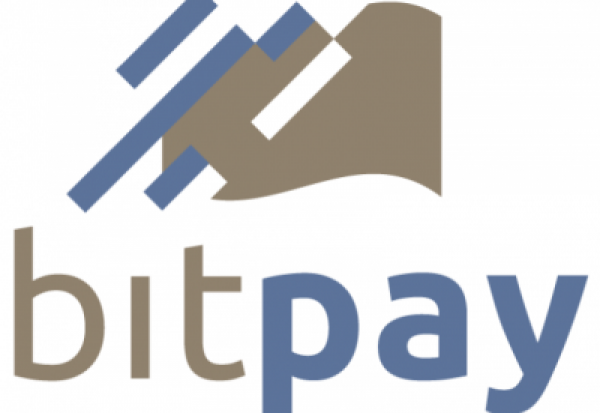BitPay the New PayPal and a Potential Boost for Internet Gambling

With the news that BitPay, a payment solutions company, announced a large investment by a group of well-known tech investors, the online currency BitCoins are looking more and more like an attractive option for depositing and withdrawing funds onto Internet gambling sites in the very near future.
Noted industry attorney Jeff Ifrah wrote on his blog:
There are several advantages to Bitcoins. They are largely unregulated. Also, payments can be made anonymously, leaving a minimal or no paper trail. Unlike credit cards, merchants do not face the hassle and uncertainty of “charge backs.” However, because of its past “underground” use, the Bitcoin lacks a reputation and general acceptance by mainstream merchants. For instance, the website “Silk Road” allowed users to buy and sell heroin and other illegal drugs provided they paid for their purchases using Bitcoins. Online gambling services have utilized Bitcoins with relative success.
Bryan Micon, a popular figure in the world of poker and a consultant for the Seals With Clubs Bitcoin online poker room, readily admitted the obstacles involved in attracting a large volume of players.
One of the primary concerns is the “trust” factor.
“He (The owner of Seals With Clubs) has maintained an account on the TwoPlusTwo.com posting forum for more than six years,” Micon reassured.
That might not be enough reassurance for the other 95 percent of those poker players unfamiliar with the TwoPlusTwo.com posting forum, however.
Furthermore, up to now, Bitcoins have been the subject of fraud and hacking. And while lack of government regulation may be attractive to online poker players, this also makes them especially vulnerable.
The new currency is beginning to pick up steam and BitPay’s reported cash infusion could certainly help this trend continue.
BitPay sees the Bitcoin as the next “PayPal” offering a fast payment method without the exchange of sensitive personal information that goes along with traditional credit card payments, Ifrah noted.
He adds:
Investors also see the benefits for small businesses, which can much more easily take payments from overseas using Bitcoins. Today, we can use Bitcoins to buy a wide array of products and services.
The FBI has begun to take notice of BitCoins with a FinCEN spokesperson stating this past year that “The anonymous transfer of significant wealth is obviously a money-laundering risk, and at some level we are aware of Bitcoin and other similar operations, and we are studying the mechanism behind Bitcoin.”
Ifrah believes it will take some time for law enforcement to catch up to this fast-growing currency:
It remains to be seen whether current U.S. law can be applied to cover Bitcoins, or if specific legislation would be needed. Further, even if U.S. authorities seek to regulate Bitcoins, actual enforcement would be difficult as there are no stationary “assets” to be seized (not even a domain name or website). Bitcoins are typically stored in a “wallet” on a user’s computer. Authorities would in many instances be required to pursue each “peer” in the peer to peer network, which does not seem terribly practicable. In the interim, Bitcoins appear to be growing in use across industries and geographic locations.
- Chris Costigan, Gambling911.com Publisher














